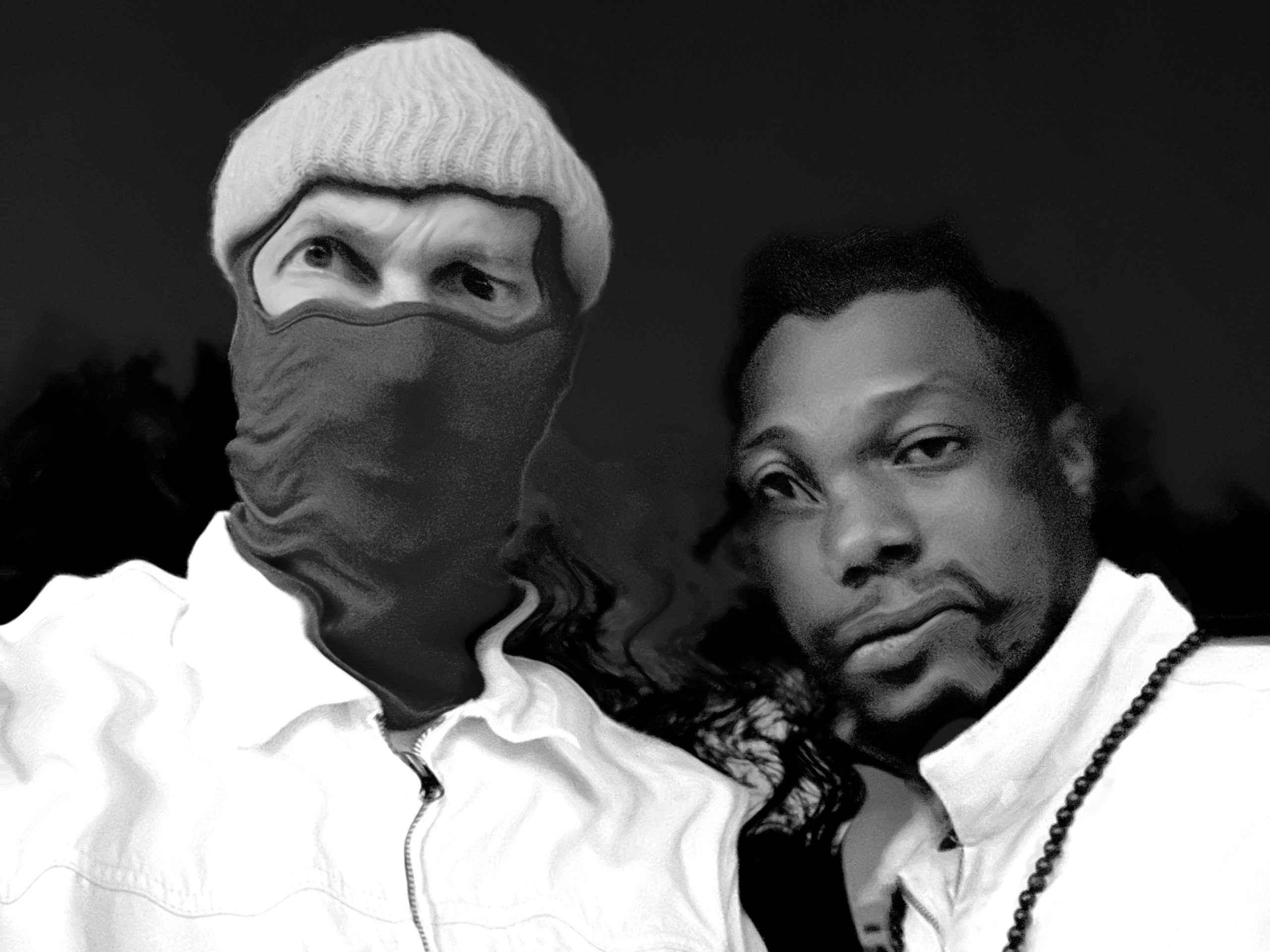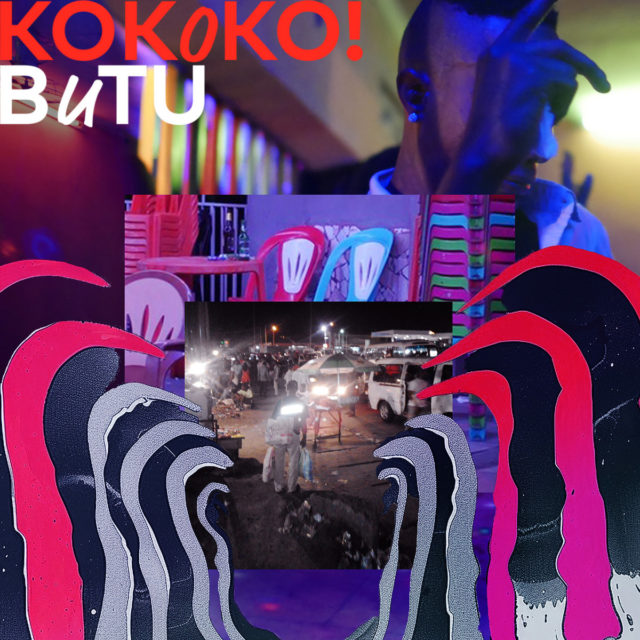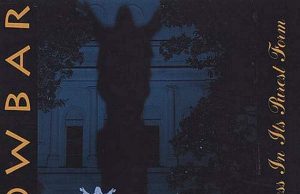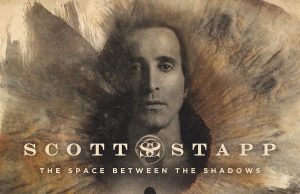THE EDITED PRESS RELEASE: “Pioneers of Kinshasa’s sonic revolution, Kokoko! have captivated global audiences with their striking sonics and energetic performances since 2017 — and they bring it all back home again with their new album Butu.
The surreal and energetic scenes of Kinshasa after dark was the inspiration behind Butu, which means ‘the night’ in Lingala, and the experimental record dives deep into the heart of the chaotic place, celebrating the joyful and creative spirit of its inhabitants. With vocalist Makara Bianko at the helm and production from Xavier Thomas, aka Débruit, this followup to Fongola finds the group channelling a more electronic, upbeat sound. Butu is a replication of the frenetic feel of that dynamic nightlife — equipment being pushed to its limit, via saturated and distorted speakers, or the sonic push and pull of sounds after dark.
Taking field recordings from the nights and using “ready-made percussion” such as detergent bottles, the band fed the sounds through distortion to get closer to those night sounds. Album intro Butu Ezo Ya opens with the screech of car horns progressively pitched into harmony and the chatter of pedestrians. Lead single Mokili, Thomas says, “is about moving the world so much that it’s going to tip over sort of. This track was a track we were used to trying live in a more improvised way, we never got the chance to record till recently where we added the right touch for the studio. It was the last addition to our album Butu and became the first single, so it’s really fresh. It has obviously influences from Kinshasa but also kwaito and ’90s dance music.”

Salaka Bien makes use of percussion created on heavy ceramic pots and pans, with Bianko’s lyrics firing up the audience with a sexual wink. Motema Mabe started off as an improvisation from Bianko, with him vocaling a looping rhythm and synths. As a phrase, Bazo Banga means “they’re scared,” a chant often shouted at football stadiums but put into another political context. It would often be their last track of the night, a way of letting go of the pressure accumulated during a high-energy show.
“Compared to Fongola, this album is intentionally way more intense, because it’s quite upbeat and quite full-on,” Thomas says. The record’s influences are also wider and span West Africa and South Africa, kuduro and kwaito and since Bianko’s global travel introduced him to new types of alternative electronic music and punk.
The bandmembers also have a fiercely activist and political slant. The Democratic Republic of Congo continues to experience serious human rights violations, including mass killings in the context of armed conflict and inter-communal violence, a crackdown on dissent and ill-treatment of detainees. People from regions affected by armed conflict are particularly affected amid mass displacement and a deepening humanitarian crisis. The DRC’s wealth of natural resources are routinely taken advantage of by large tech companies, helping fuel conflict in the region. Political protest using words carries a risk of imprisonment in the country, so street performers often work with their bodies and sounds to signal their critiques. With Butu, Kokoko! provide a resistant, punk-like energy, bottling the attitude of a generation and bringing their DRC block party alchemy to new global heights.”








































